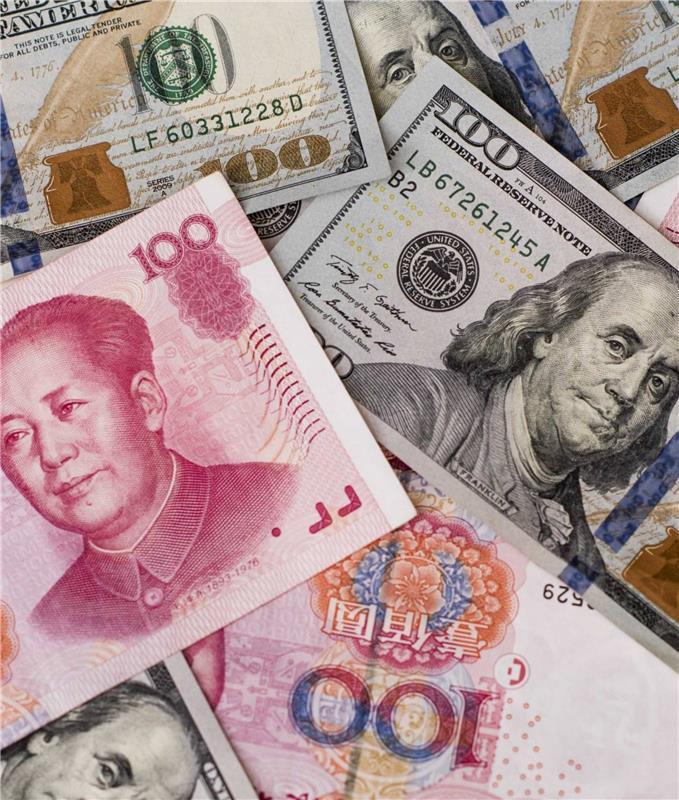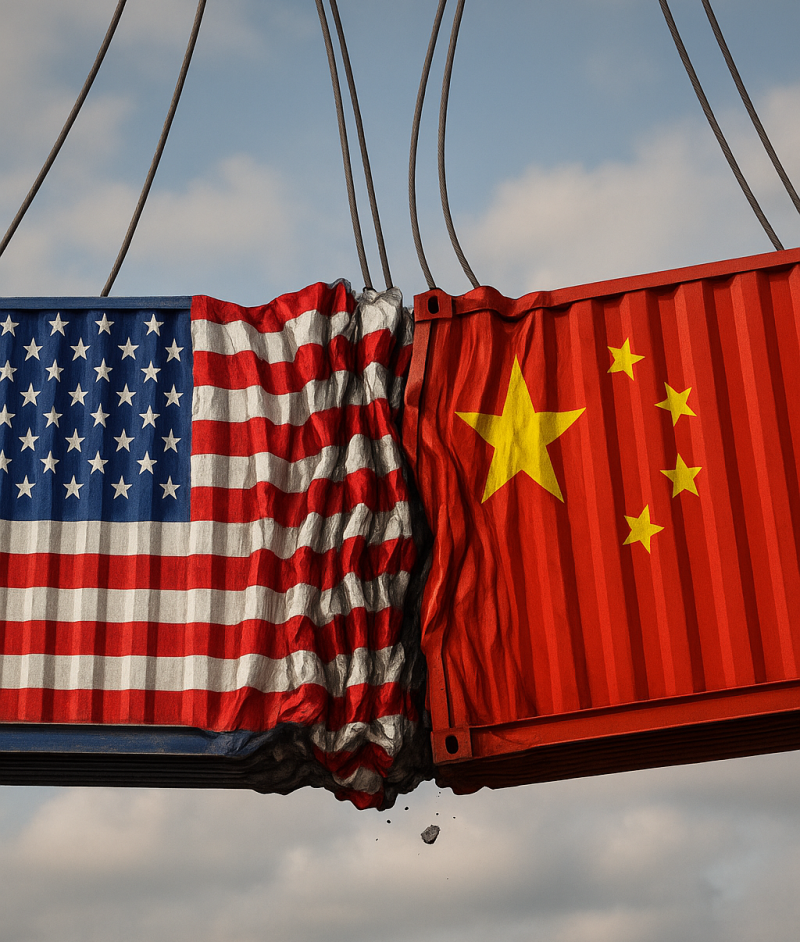Chinese stocks: how the trade war affects the present and future

Additional support for consumers; an extended trade war truce with the world’s largest importer of goods. Each suggests a position of greater strength for China than it first appears, in terms of its resources to support its domestic economy and in its negotiating position on trade. We believe the latest developments in each area are positive for China in the long term and reinforce the opportunity for investors in the short to medium term.
China subsidies announcement
On 12th August, China announced subsidies in a further effort to support personal consumption.
The government will pay a subsidy of one percentage point of the interest rate on some personal loans from 1st September 2025 to 31st August 2026. The plan will apply to purchases in eight priority sectors: Cars, Home Furnishing & Decoration, Electronics, Tourism, Healthcare & Medical Services, Elderly Care, Childbirth Support, and Education & Training.
A subsidy will also be available for businesses loans in the consumer sector including restaurants & hotels, health, tourism, sports and entertainment.
Central government will provide 90% of the funding for these subsidies, local governments 10%.
This comes on top of the $42 billion of funding for the household trade-in programme, $53 billion worth of increases to pensions and healthcare spending and $69 billion to support low-cost consumer-related lending announced earlier this year. Consumer subsidies announced this year now amount to a meaningful extra 3.5% to ex-food consumer spending.
We believe these measures will provide material support to weakened consumer confidence by supporting both consumers and the businesses that employ them.
US & China Tariffs
We observe from the initial tariff salvos that both the US and China can do significant harm to one another. Each holds negotiating cards that reflect both their scale and access to specialised products or commodities that the other needs. The trade truce has been extended another 90 days and we expect talks to continue, with neither side able to ride roughshod over the other.
The impact of existing tariffs hurts some but by no means all businesses in China. We can see that in less specialised manufactured goods, conditions for Chinese companies exporting to the US have deteriorated, and businesses here are suffering.
In the long term
We can see new industries (in renewable energy equipment, EVs, batteries, industrial automation, semiconductors, cloud computing, advanced manufacturing) reaching a scale that can provide growth to replace that of the defunct property sector.
In the short term
We see the redirection of China’s export manufacturing, both of supply chains and market destinations play out; Chinese exports to the US are slowing but are more than offset by growth to the EU, Southeast Asia and Latin America. Chinese trade is growing; not to the US, but still growing overall.
What does this mean for investors?
Against that backdrop we conclude that there is still a good underlying story for China in the long term, which is why we are overweight in our Asian and EM strategies. Many market participants are still sceptical, which means that Chinese stock valuations are still low (12.8x forward earnings vs 24.0x in the US)[1].
Therefore, at Guinness we look for companies that have been growing earnings and growing cash flows over the last 8 to 10 years and continue to do so. We call these ‘quality’ companies, because if they have maintained profitability during difficult conditions since 2020, they are likely to continue to do so as China’s domestic economy picks up.
They are available at low valuations which incorporate very little future growth. We find them in Consumer Staples and Consumer Discretionary; in household goods, video games, health care, and financial services.
What this all means for China
China is a manufacturer with a scale that few can match, serving markets beyond that of the US. It has moved beyond low-cost manufacturing into specialised areas in which its unique research and development approach has translated into sector dominance such as 5G, EVs, battery technology, renewable energy, and – notably – DeepSeek. Jockeying over trade with the US creates meaningful disturbances in the short term, but we already see the response in terms of diversification of products and markets.
Current value Vs future potential of Chinese stocks
Uncertainty over the economic environment in China and over its trade relationship with the US causes investors to rate Chinese stocks less highly in valuation terms, since it increases the risk to their long-term profitability. But this uncertainty is, by and large, already reflected in share prices. If Chinese stocks were priced as if the trade war did not exist, they would be vulnerable to the valuation compression which uncertainty brings; but instead, investors are pricing them close to ‘intrinsic’ levels – that is, the present value of existing cash flow generation, with no future growth priced in. Knowing that Chinese stocks are cheap, then, we can take these latest developments positively. Accordingly, the Guinness Asian Equity Income and Emerging Markets Equity Income funds are overweight in China. We believe that with the range of investment options, the underpinnings for sustainable growth over the next 5-10 years, and current valuations, this is a significant opportunity.
Learn about What Investors should know about the US Budget Deficit
[1] MSCI China Index; S&P 500 Index; data as of 14.08.2025. Source: Bloomberg
This is a marketing communication. Please refer to the prospectus, supplement, and KID/KIID for the Fund before making any final investment decisions.
Risk: The Guinness Asian Equity Income Fund and Guinness Emerging Markets Equity Income Fund are equity funds. Investors should be willing and able to assume the risks of equity investing. The value of an investment and the income from it can fall as well as rise as a result of market and currency movement, and you may not get back the amount originally invested. For full information on the risks, please refer to the Prospectus, Supplement, and KID/KIID for the Fund, which will be available in English at Fund launch on our website (guinnessgi.com/literature).
The Funds are actively managed with the MSCI AC Asia Pacific ex Japan Index & MSCI Emerging Markets Index which are used as comparator benchmarks only.
Disclaimer: This insight may provide information about Fund portfolios, including recent activity and performance and may contains facts relating to equity markets and our own interpretation. Any investment decision should take account of the subjectivity of the comments contained in this insight. This insight is provided for information only and all the information contained in it is believed to be reliable but may be inaccurate or incomplete; any opinions stated are honestly held at the time of writing but are not guaranteed. The contents of this insight should not therefore be relied upon. It should not be taken as a recommendation to make an investment in the Funds or to buy or sell individual securities, nor does it constitute an offer for sale.



